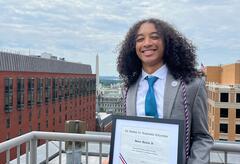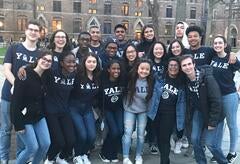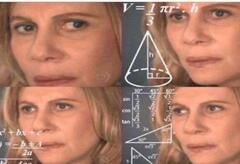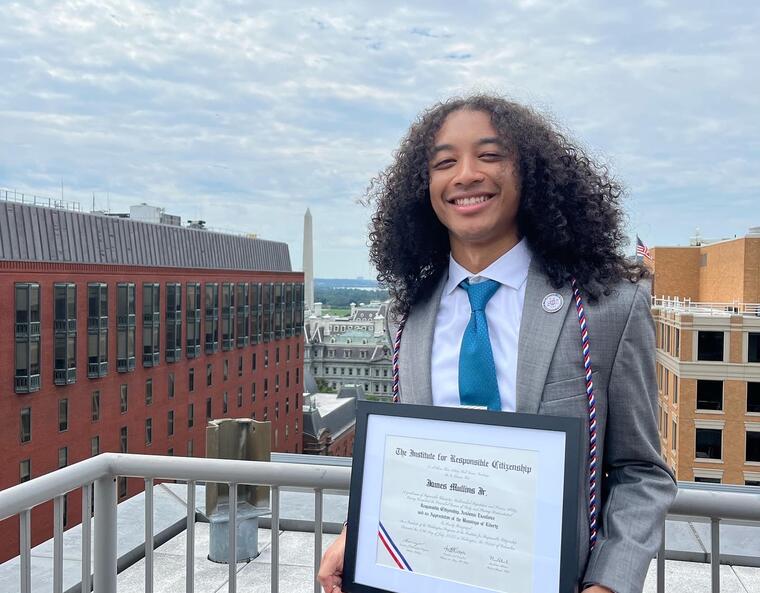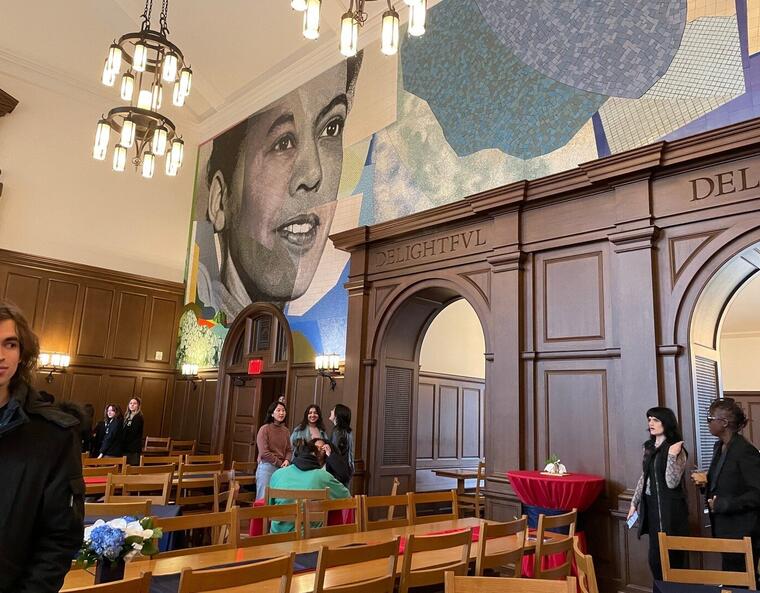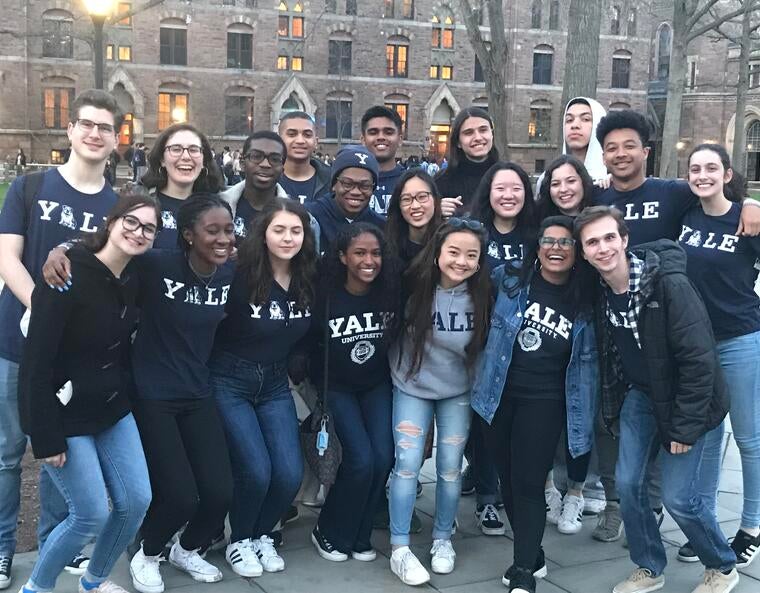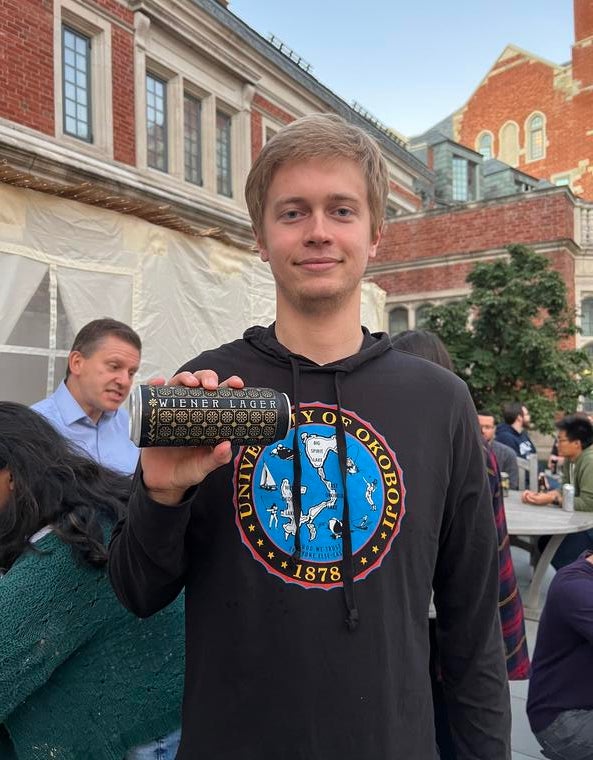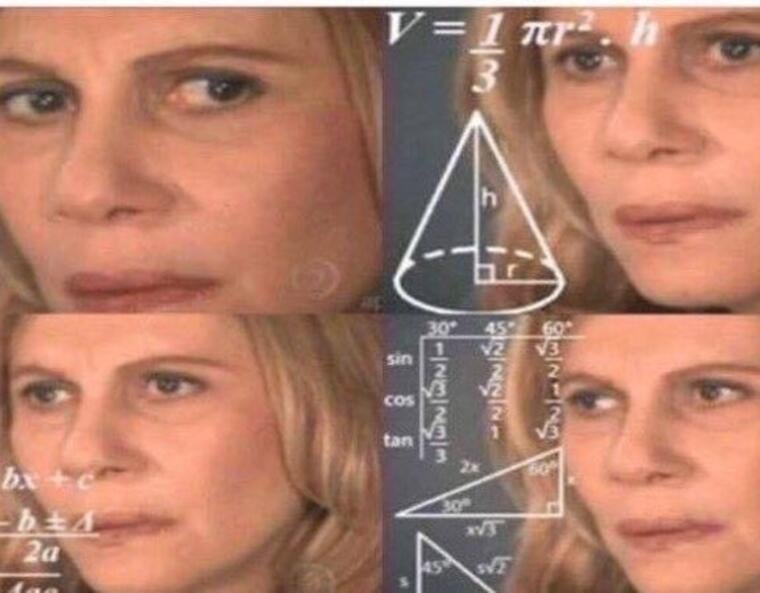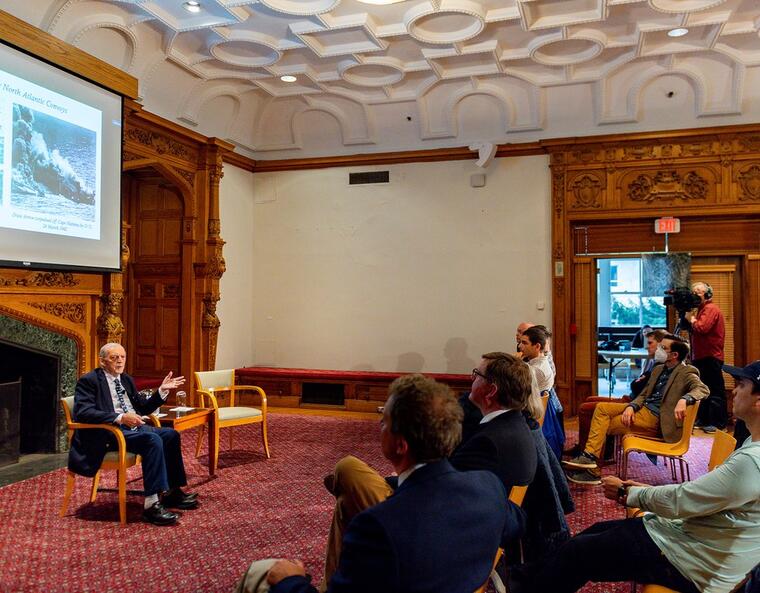
When I first began thinking about applying for the Brady-Johnson Program in Grand Strategy, I’ll admit that I wasn’t quite sure what I was getting myself into. I knew that it was a yearlong seminar for upperclassmen and professional students, and that I could explore strategies for creating successful political movements, but that was about it. I had no idea that it would be one of the defining experiences of my time at Yale.
I was a bit thrown by the first couple of classes — as a junior, I was on the younger side, and found myself in conversation with law students, graduate students, and military veterans. Though initially a bit intimidated, I quickly grew comfortable in the environment, and it was refreshing to hear the thoughts of my classmates who had spent years (for some, decades) outside of school. I’d already read some authors (like Thucydides) in a first year seminar, but discussing the role of generals in political discourse was a lot more interesting when I got to share in the perspectives of Air Force and Navy veterans.
The program also hosts guest speakers throughout the year (read: free and fancy dinners), which is an element that I’ve thoroughly enjoyed. We get to discuss their career paths, as well as how they’ve used (or rejected) grand strategy throughout the course of their lives. I’ve always found these to be grounding and inspiring — they’re a great chance to explore the applications and limits of classroom lessons to “real life”, and we get to hear from some really amazing people. My personal favorite guest speaker was Derecka Purnell, an abolitionist organizer and writer who has since become a personal inspiration. Plus, we all got signed copies of her book!
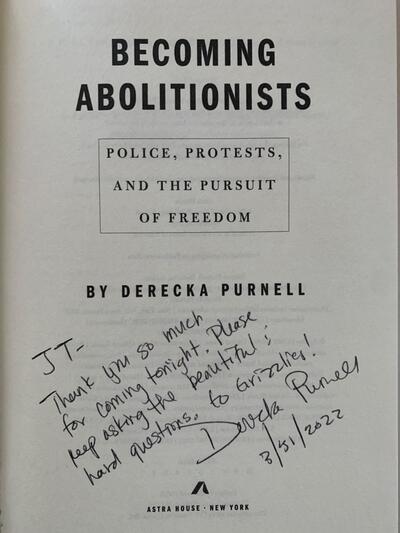
Derecka Purnell’s signature to me on the first page of her book, “Becoming Abolitionists”.
Over the summer, Grand Strategy will also fund you to conduct research on a strategic problem that interests you. I spent my summer working in Washington, D.C., so I used the opportunity to interview people working in and around the criminal legal system regarding their stance on abolitionism. The end result was a long-form piece on the different advantages and limitations of different career paths when it comes to bringing about prison and police abolition, something that I’m both intellectually and personally curious about. Essentially, Grand Strategy will give you money to investigate a problem that you care about, which is pretty cool.
Somehow, the second semester of Grand Strategy has been even better than the first. The class self-selects into three modules, each centered around a specific strategic problem — I chose the one on immigration reform. Each module is co-taught by the program’s director and a practitioner in the relevant space. So, for the last ten weeks, I’ve had the privilege of learning from and strategizing alongside Kica Matos, a New Haven immigration rights activist and all-around wonderful person. The culmination of the second semester is a briefing, where the students present a strategy for tackling their problem. The twist is, the briefing is presented to people who actually work in the relevant sector, and they might actually put your ideas to use if they’re good enough. No pressure, of course.
So, as I look back on the last year, I’m tremendously grateful for the opportunity to participate in this program. I’ve made a ton of new friends, grown closer with some old ones, and gotten to explore issues that mean a lot to me. I came into the program interested in prison and police abolition, and while I’ve greatly expanded my knowledge in that area, I’ve also developed a deep understanding of immigration reform and the surrounding issues. I’ve met people who I now consider personal and professional role models, and I’m a bit closer to picturing what my career might look like someday. Not a bad deal for a couple of class credits.
